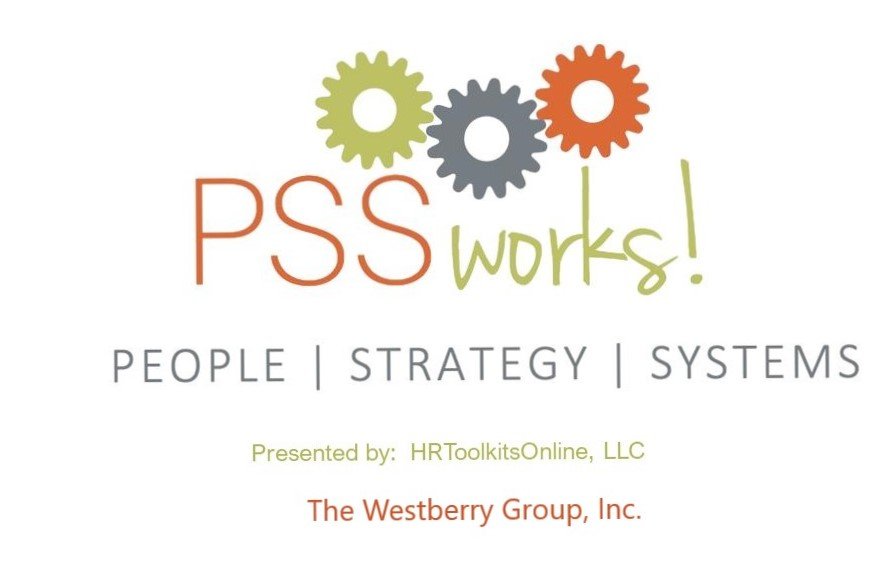How Can I Improve?
I recently made a post on Instagram with a quote from a book. The topic was about critical feedback. Here’s what it said…
“It takes a certain amount of confidence to ask for critical feedback. For me, the breakthrough came when I realized I needed to change my mindset. If I saw every challenge as a test of my worthiness, then I’d constantly worry about where I stood rather than how I could improve.”
There was a comment on my post, it said…
“A client of mine recently said, ‘tell me how I can improve’ – powerful. Because most people are asking ‘was that okay?’ Meaning…make me feel like what I’m doing already is good enough, don’t challenge me to be all that I am capable of.”
You might not know what it’s like to want to please people…to need them to tell you that what you’re doing is good enough. Don’t let that fool you into thinking that ‘most people’ don’t want to improve.
It simply means that, as a manager, you have to find ways to help them improve.
You have to make them feel comfortable in asking you for feedback.
And you have to build trust with them, so they know that your feedback is coming from a place of caring.
The author was correct when she said she needed to change her mindset. But not everyone learns the same way or gets to that place as quickly as others. It’s not easy for ‘most people’ to get to that place of trust and reach out to ask for any type of feedback.
People who were brought up in an environment of support will feel much more comfortable asking for feedback than those who may have felt criticized all their lives.
Our past stories impact how we ask for help, or why we don’t.
Teach your employees to ask how they can do better, instead of asking, ‘did I do okay?’ or ‘was that good enough?’.
Don’t offer critical feedback when it’s not asked for. I know what you’re thinking…they are my employees, and I have to give them critical feedback.
This is true – you do. But, how you do it makes a huge difference.
Instead of offering unsolicited feedback or answering the question, ‘did I do ok?’, ask them how they feel they did. If they say they thought it was okay…ask them if there were any areas where they felt they could have done better.
Encouraging them to share their feedback starts the conversation and allows you to guide and teach through the process.Don’t be judgmental or bring up past errors or mistakes. This isn’t the time for this discussion. If work performance is an issue, that needs to be handled in a different forum.
When you’re giving feedback, it’s important to be caring and empathetic. Some people can handle to-the-point feedback and move on. For those employees who need more attention, it’s important for them to know that your feedback is coming from a place of integrity – not from a place of judgement.
Encourage and support them when the opportunity presents itself. If your employee is facing a new project that may involve areas where you have previously provided feedback – make time to circle around with them and check in.
Encourage them to use the discussions you had previously to help them improve. Give support by letting them know it’s okay to come ask for help if they need it.
Only you can build trust in your relationships with your team. When you, as a manager, care about the growth of your team…it shows and trust builds. However, if you’re constantly giving critical feedback with no skin in the game, don’t expect your team to trust you.
Helping your employees develop professionally is part of your job as a manager.
Our FREE Employee Professional Growth Plan will help you create a process to build the strength and knowledge of your employees! Download today and get started!
Leave me a comment, and let me know how you build trust with your team.

